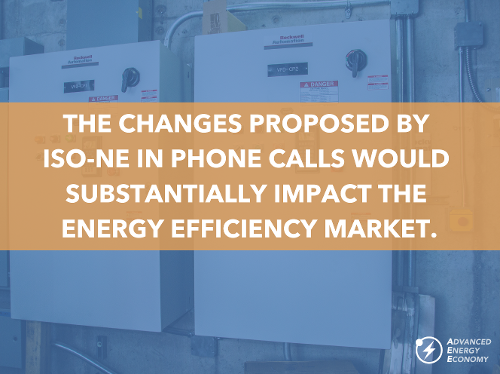/BarriersWholesaleImage4-730.jpg?width=730&name=BarriersWholesaleImage4-730.jpg)
In the advanced energy industry, all eyes are on the incredible shrinking FERC. With now two open seats, the Commission can barely muster a quorum – and not always, as a Trump Administration ethics pledge is keeping Commissioner Richard Glick from participating in important cases. Media outlets have reported that the White House plans to offer a single nomination to fill McIntyre’s seat, a potentially troubling departure from the tradition of pairing Republican and Democratic nominees. In flux as it is, FERC faces a range of pending decisions that could have huge impacts on the nation’s electricity market – and on advanced energy growth. Ultimately, what the advanced energy industry is looking for from FERC Commissioners – those now seated, and new ones to come – is for barriers to competition in wholesale markets to come down.
/agg%20DER%20border-730.jpg?width=730&name=agg%20DER%20border-730.jpg)
/AEE%20Goes%20to%20Court%202-730.jpg?width=730&name=AEE%20Goes%20to%20Court%202-730.jpg)

